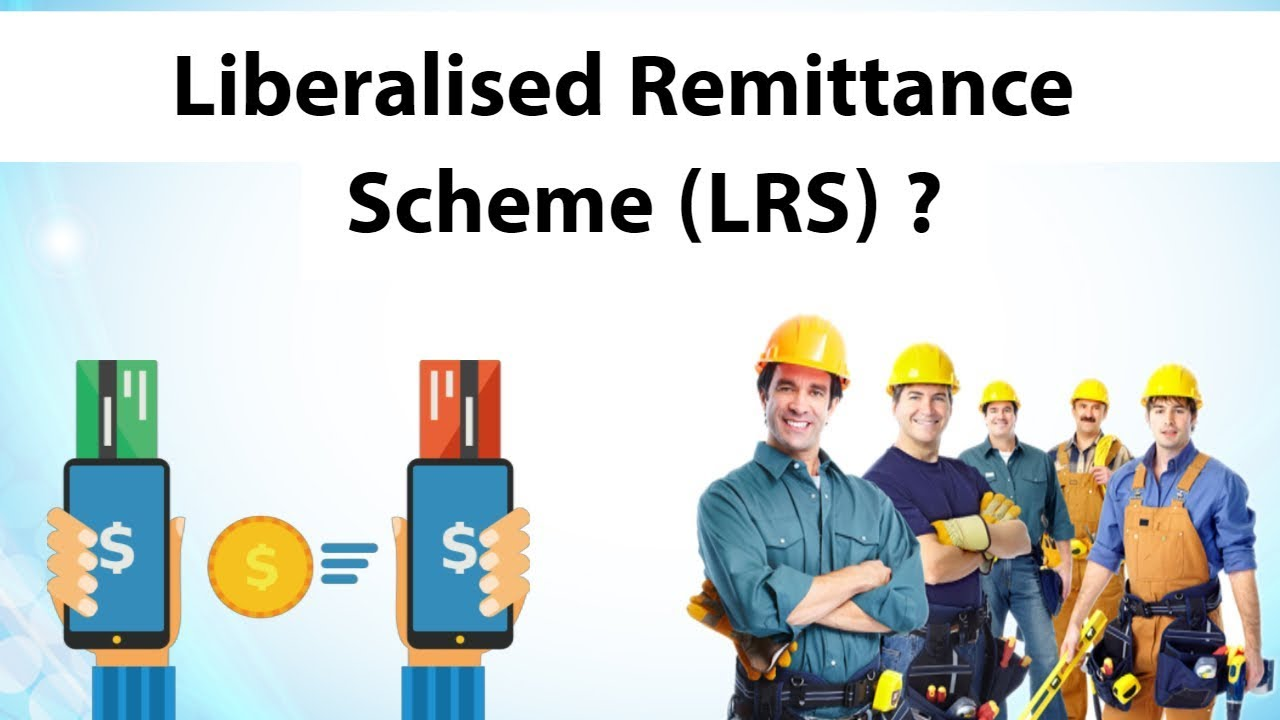Under the Liberalised Remittance Scheme, the Reserve Bank of India (RBI) has been requested to monitor card spending. (LRS).

Remittance Scheme Liberalization (LRS)
- The Reserve Bank of India (RBI) offers resident people the ability to remit funds overseas for permitted current or capital account transactions, or a combination of the two.
- The plan was launched in 2004 and has been reviewed and revised on a regular basis by the RBI.
- Residents can remit up to a certain amount in a fiscal year for permissible transactions such as schooling, travel, medical treatment, gifts, and investments in equity and debt securities, among others, under the plan.
- The present limit for LRS is USD 250,000 per fiscal year.
Qualification for LRS
- Non-residents, NRIs, persons of Indian origin (PIOs), foreign citizens with PIO status, and foreign nationals of Indian descent are all eligible for LRS.
- Corporations, partnership companies, Hindu Undivided Family (HUF), Trusts, and other similar entities are NOT eligible for the Scheme.
- LRS benefits
- LRS is a simple method for transferring money between two nations that anyone can use.
- It is particularly beneficial to businesses because it allows them to transfer funds to India and investors to obtain their investments back home.
- LRS also has some additional advantages, such as quick transfer timing and no exchange rate problems.
Source: https://mintgenie.livemint.com/news/personal-finance/what-is-liberalised-remittance-scheme-and-its-benefits-all-you-need-to-know-151676261174360
